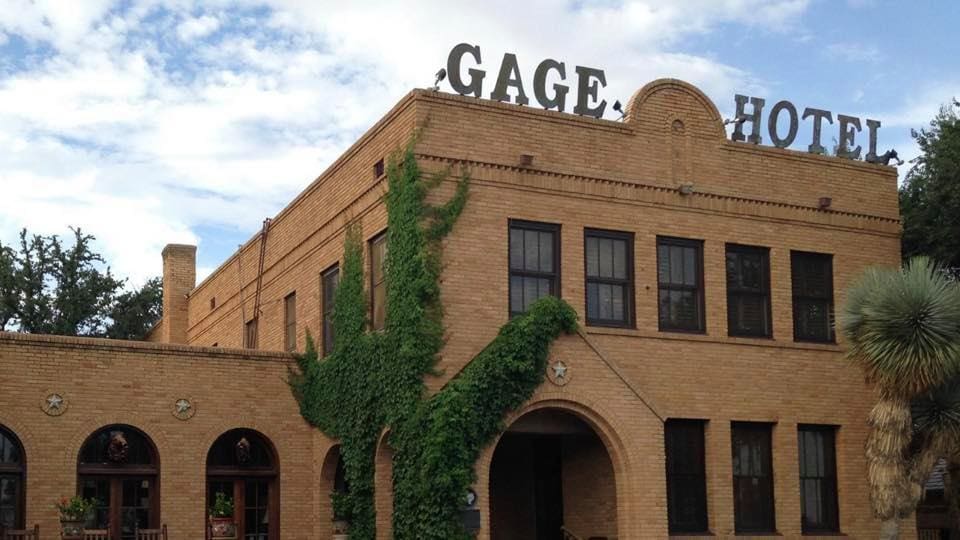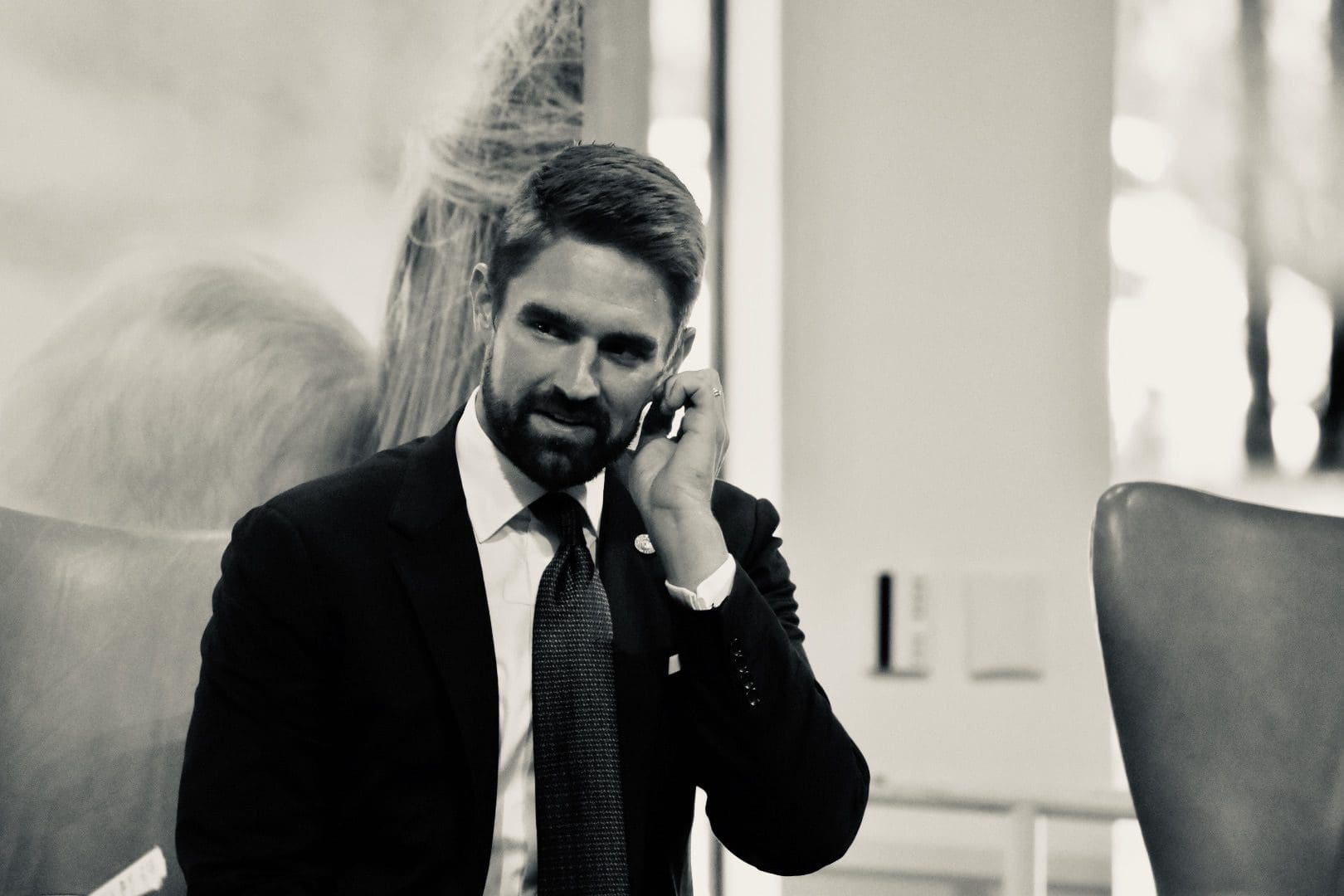With officials across Texas ordering a patchwork of draconian emergency orders with the intent of slowing the spread of coronavirus, one hotel owner is pushing back against orders that needlessly hurt small businesses and violate constitutional rights.
The historic Gage Hotel in Marathon sits at the “gateway” of Big Bend, situated approximately 30 miles from the City of Alpine in Brewster County. The hotel is an iconic oasis that serves as a much-appreciated stopping point for travelers and locals alike.
Facing dangers from the spread of COVID-19, Brewster County officials declared a local state of disaster in March, soon after the statewide Gov. Greg Abbott’s state of disaster declaration.
However, local restrictions put in place by Brewster County officials—namely, County Judge Eleazar Cano—exceed the restrictions put in place by the governor.
The restrictions include ordering the closure of all hotels/motels and short-term rentals and forcing the hospitality industry to have guests vacate their premises within a certain number of days, with a wide range of emergency personnel being excepted from the order.
The order also bans all non-essential travel into the county.
Hotel owner J.P. Bryan pushed back, first filing suit in state district court, seeking a temporary restraining order (TRO) against the county orders.
A state judge denied the TRO, and soon thereafter, Bryan withdrew from state court and filed a new lawsuit in federal court challenging the constitutionality of County Judge Eleazar Cano’s order.
The federal suit, filed in the Western District of Texas, argues there is no evidence the COVID-19 virus has infected any residents of Brewster County, that visitors to Brewster County constitute an imminent threat, or that emergency personnel allowed to come into the county and stay at the hotel under the emergency order are not a threat. Bryan also alleges the county acted without receiving any expert advice.
The suit challenges the constitutionality of Cano’s countywide orders under two separate provisions of the 14th Amendment and asks the court to declare the order null and void.
Citing the Equal Protection Clause, the suit says Bryan has been intentionally treated differently by Cano’s emergency orders, which prevent him from renting rooms to private citizens while exempting certain emergency personnel and government officials—even though there is no rational basis for the discrimination.
In addition, the suit challenges Cano’s supplemental order banning all travel into the county except for essential services as unconstitutional under the Privileges and Immunities Clause of the 14th Amendment.
This suit is one of the first of its kind to be brought by businesses against local orders, as businesses across the state continue to struggle due to the economic effects of government response to the virus.





